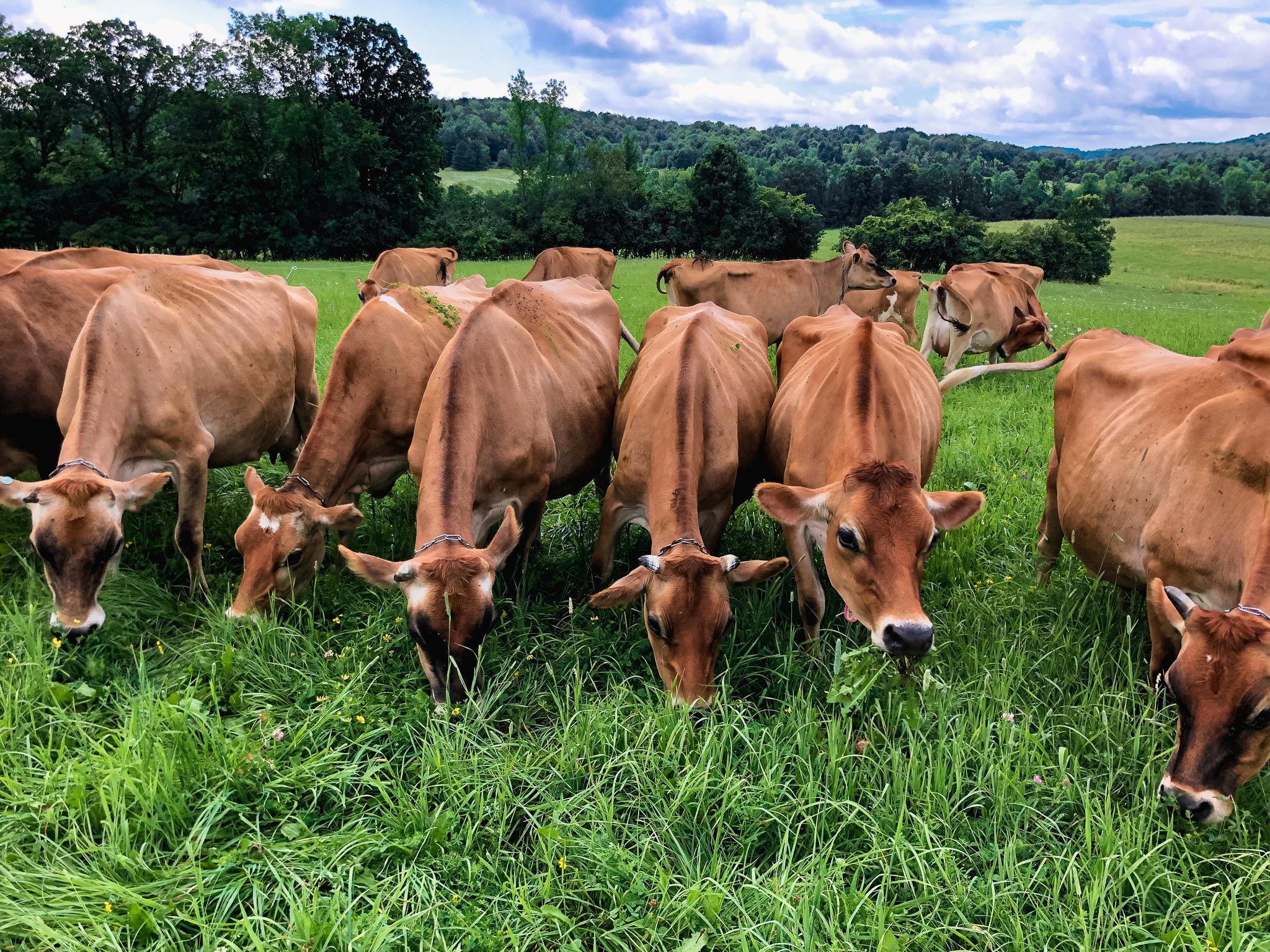
Farms often find that organic certification helps their sales. Photo by Elizabeth Ferry at Cedar Circle Farm.
Choosing whether or not to become certified organic is a decision that has a lot of factors, including environmental and social values, marketing channels, farm size and type, and more.
We're working on developing materials to help farmers better understand the potential benefits and challenges of organic certification, including costs, recordkeeping, pricing, marketing, and political impacts.
As part of that effort – and in order to help us understand why farmers do or do not pursue certification – we held (and filmed) a workshop at the 2014 Winter Conference on the topic of "Is Organic Certification Right for my Business?"
https://www.youtube.com/playlist?list=PLwGgmXsdmFP5j8aI9dk4pfP6Pr6Ja-3SI
This workshop featured three Vermont farmers discussing their experiences with organic certification, and we recommend it as a good starting place if you are considering certification for your farm.
In the coming weeks, we'll be working with a team of UVM students to organize a few focus groups to explore more deeply what motivates or prevents certification on Vermont's farms. We're looking for both certified and non-certified farmers of all kinds to take part. If you'd like to talk with us about your experience with certification, please
contact Charles.
You can learn more about the organic certification regulations and requirements on th
e Vermont Organic Farmers webpage. There are also a number of helpful resources from
ATTRA and
eOrganic, a program of the university extension network.
 Farms often find that organic certification helps their sales. Photo by Elizabeth Ferry at Cedar Circle Farm.
Farms often find that organic certification helps their sales. Photo by Elizabeth Ferry at Cedar Circle Farm. Farms often find that organic certification helps their sales. Photo by Elizabeth Ferry at Cedar Circle Farm.
Farms often find that organic certification helps their sales. Photo by Elizabeth Ferry at Cedar Circle Farm.
